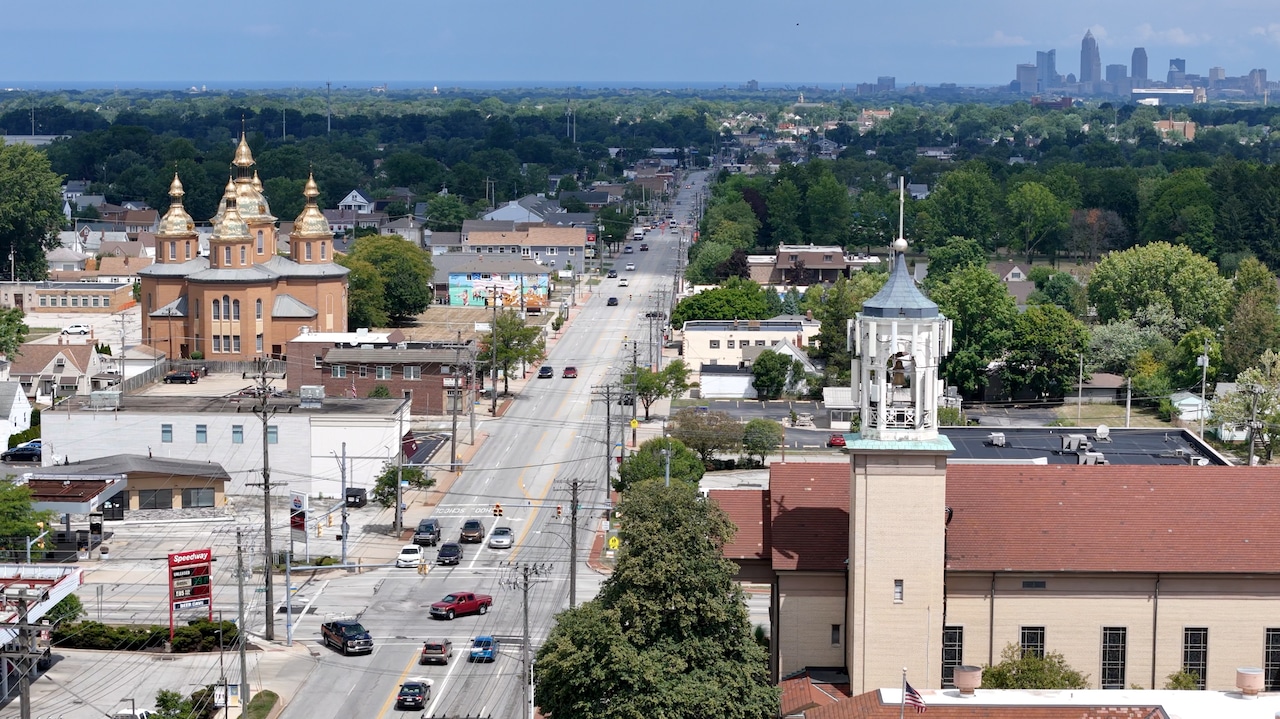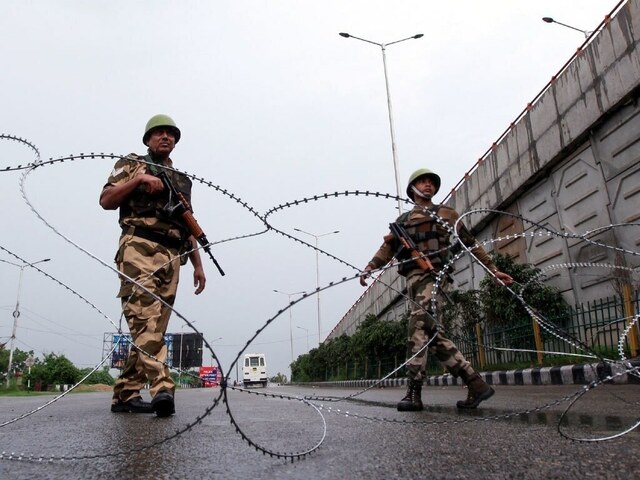Copyright cleveland.com

CLEVELAND — In a time when our society seems more polarized and fractured than ever, community religious leaders are preaching for empathy and understanding as their flocks crave civil discourse. Care for the vulnerable, the inherent dignity of all people and prioritizing the common good over individual interests are among the common principles religious leaders cited as themes in their messages for uniting fractured communities. Greater Cleveland Congregations recently held listening sessions across 17 congregations to understand community concerns. Civil discourse emerged as a top issue, alongside housing, education, healthcare and food insecurity. Related: Faith communities navigate political division in 2025: How religious leaders respond And even as church attendance has declined over years, they still, as institutions, carry sway. About 30% of Americans still regularly attend religious services, according to a recent Gallup poll, giving faith leaders continued influence as the nation grapples with political division and social turmoil. “The role of a faith community is as it’s always been, to indeed try to bring people together, not out of a common political point of view, but out of a higher one to bring people together, out of a common regard for their Creator,” said Dr. Kenneth Chalker, a retired senior Methodist pastor from University Circle United Methodist Church. “That is very difficult in these troubled times when so many of the nationalist religious groups in our country are claiming that their perception of God is better than anyone else’s,” Chalker said. Here’s more on some of their common themes: The Common Good Father James T. Bretzke, a theology professor at John Carroll University, said working for the “common good” is central to Catholic social teaching. He said American culture’s emphasis on individualism often conflicts with that principle. “All the Christians, in their liturgical prayer, pray that Our Father, and that is not that my kingdom come, but that thy kingdom come,” Bretzke said. “And that means when there’s a conflict between the values of the kingdom and our own personal values, our personal take on it’s going to have to recede.” Welcoming the stranger Rabbi Robert Nosanchuk of Congregation Mishkan Or, a Reform Jewish synagogue in Beachwood, said the Torah contains 36 separate instructions to treat strangers with love and equity. “It’s that level of redundancy that tells us that we’re not only to not oppress the stranger, but we’re supposed to treat them with a sense of equity,” he said. The repeated emphasis on welcoming outsiders reflects Judaism’s foundational commitment to justice and inclusion, Nosanchuk said. Care for the Vulnerable Religious leaders say authentic faith requires action on behalf of those suffering from poverty, homelessness and hunger. Dr. Deepak Sarma, professor of Indian religions and philosophy and the Inaugural Distinguished Scholar in the Public Humanities at Case Western Reserve University, said many who identify as religious are failing to live up to their traditions’ calls to serve the vulnerable. “A lot of people who claim to be devout Christians are turning a blind eye to people who are suffering from homelessness, suffering from poverty, suffering from hunger, and are saying, quite the opposite, that they deserve it,” Sarma said. CAIR-Ohio, a Muslim civil liberties and advocacy organization, holds forums to promote civic participation by connecting underrepresented voices with leaders — an effort to translate shared values into action. Balancing comfort with challenging people Religious leaders said they must balance competing needs within their congregations: providing sanctuary from chaos while also challenging people to engage with injustice. “In a synagogue, we have a long history, and in Judaism, we have an incredibly rich set of commandments, that instruct us to be both” a haven and a site for fostering change, Nosanchuk said. The approach means comforting people while also encouraging them to stay informed and express their views, he said. Nosanchuk, who plans to retire in a few months after decades of service, said leaders must model empathy across all sectors. “If you’re in a position of core leadership, you need to be sensitive and knowledgeable and understanding,” he said.



